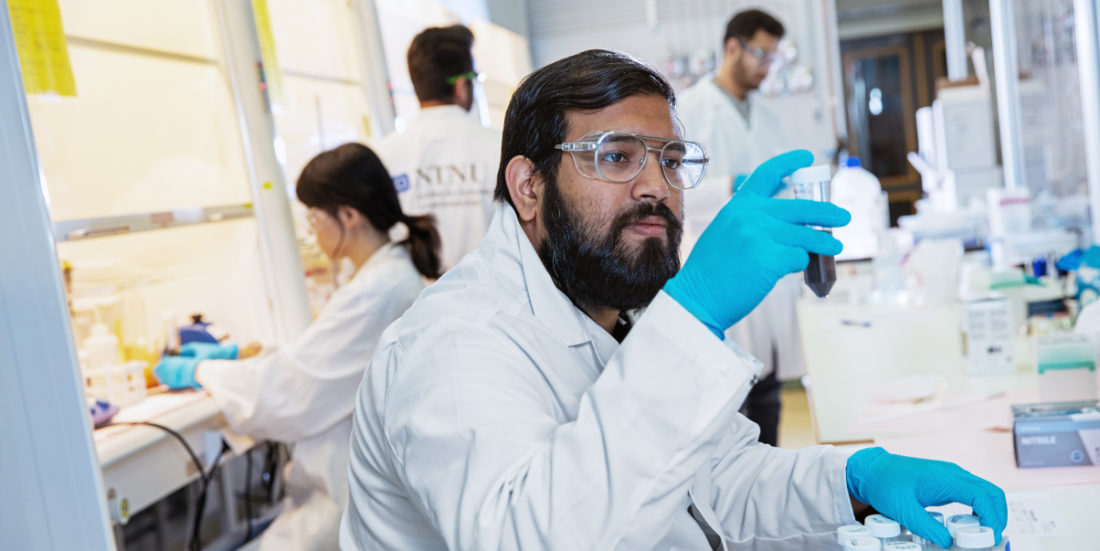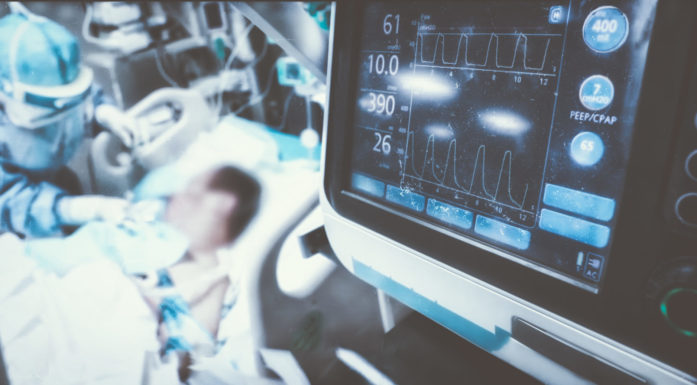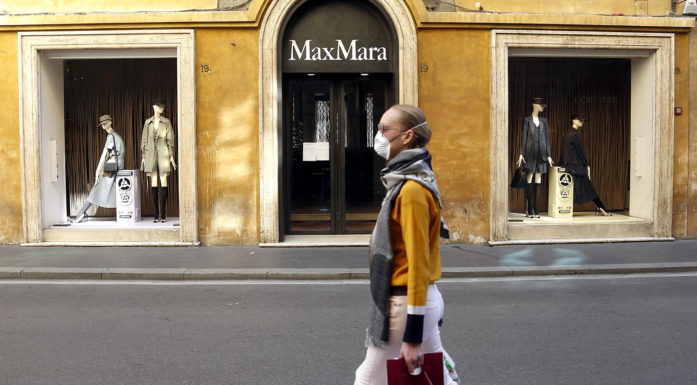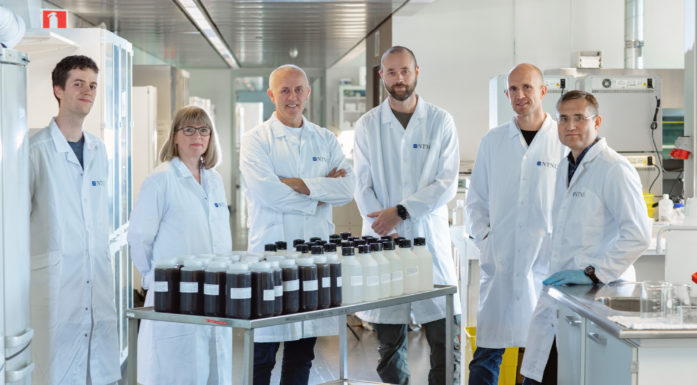Start-up takes NTNU’s Covid technology to new markets and applications
Lybe Scientific, a start-up company based on NTNU research, is entering the market as a provider of high-quality diagnostic solutions – not just for COVID-19 diagnostics, but also other areas such as the common flu and sexually transmitted diseases.
The start-up Lybe Scientific was founded in January 2021, based on the Covid-19 testing technology developed during the pandemic by NTNU researchers Magnar Bjørås, Sulalit Bandyopadhyay and their colleagues.
Lybe Scientific aims to establish itself in the market as a provider of high-quality diagnostic solutions – both for Covid-19 diagnostics and for other areas of application such as the common flu and sexually transmitted diseases.
The current technology is a product for preparing specimens from patients for diagnostics. When these kinds of products were in short supply early in the pandemic, the NTNU technology was swiftly adopted for PCR-based diagnostics of Covid-19 in Norway. Later, the product was also sold to customers in Denmark, India, Brazil and Nepal.
In 2021, NepaliMed Norway bought 30,000 units for their partner in Nepal, Dhulikhel Hospital, which found the Covid-19 product from Lybe Scientific extremely useful.
- You might also like: Not enough COVID-19 tests? No problem, we’ll make them!
Raised millions for developing diagnostic products
Since the company was founded, the team has succeeded in raising NOK 20 million in funding through various programmes for commercialization and research from both Innovation Norway and the Research Council of Norway.
Now the goal is to get established in the market with both existing and new diagnostic products based on this technology.
- You might also like: From thousands of tiny magnetic balls to 150,000 COVID-19 tests per week.
EU certification needed
To sell diagnostic products to hospitals, the product needs a CE Mark certification and regulatory approval as in vitro diagnostic devices (CE IVD), in compliance with EU regulations. The team has therefore worked intensely since the start-up phase to establish the quality systems needed. In July, they achieved formal registration in the Medical Device Database of the Norwegian Medicines Agency for CE-marked products.
This is a milestone for the company and a key factor for further sales and marketing of Lybe Scientific’s products for diagnostic purposes.
Lybe Scientific
The company is headed by Tonje Steigedal, who has a background in biotechnology and medical technology and has worked with commercialization of technology for several years. Steigedal led the work on the commercialization of the technology in her previous role as business developer at NTNU Technology Transfer, and is now CEO of the company.

Tonje Steigedal is head of the new start-up medical diagnostics company, Lybe Scientific. Photo: NTNU
Mårten Wigstøl is Chair of the Board. Wigstøl has extensive experience with similar companies in biotechnology and diagnostics such as GenoVision and NorDiag, and he will play a key role in positioning the company for further growth. The team will now be expanded with new employees for further sales and marketing activities as well as research and development.
The team that developed the technology
In addition to Bjørås and Bandyopadhyay, the team that developed the technology used for coronavirus diagnostics consisted of Sten Even Erlandsen, Per Arne Aas, Lars Hagen, Vegar Ottesen and Anuvansh Sharma at the Department of Clinical and Molecular Medicine, the Department of Chemical Engineering and the Department of Materials Science and Engineering at NTNU. NTNU’s Technology Transfer Office provides expertise in commercialization for staff at NTNU and the Central Norway Regional Health Authority. The TTO contributed with patenting of the technology, sales and marketing activities, as well as business development and start-up.





